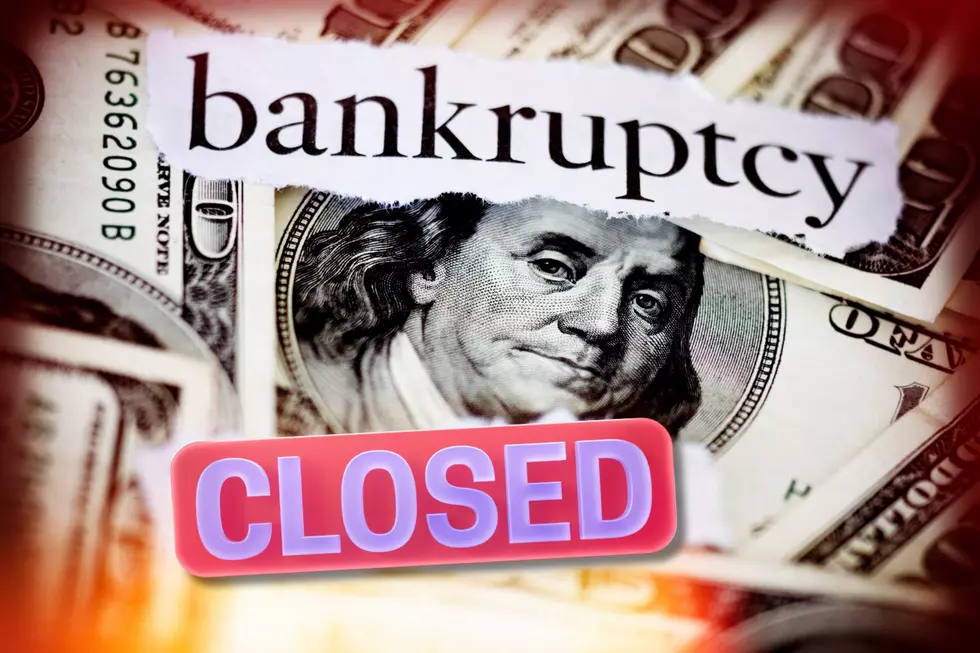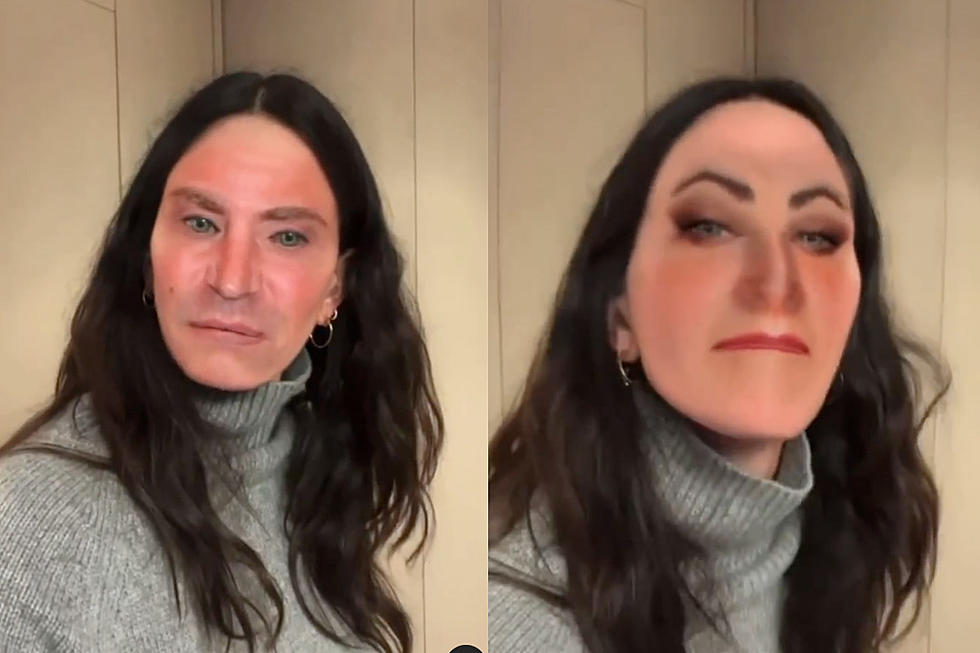
Social Media And Teens
Getty Images
CNN and a group of child development experts got permission to follow 200, 13 year old teenagers on social media. What they found out is worth the read.
(CNN)"I would rather not eat for a week than get my phone taken away. It's really bad," said Gia, a13-year-old. "I literally feel like I'm going to die."
"When I get my phone taken away, I feel kind of naked," said Kyla, another 13-year-old. "I do feel kind of empty without my phone."
Those are just a few of the comments from teens that participated in the study.
More than 200 eighth graders from all over the US, let researchers analyze their social media feeds. (Twitter, Instagram and Facebook).
- 61% of teens said they wanted to see if their online posts are getting likes and comments.
- 36% of teens said they wanted to see if their friends are doing things without them.
- 21% of teens said they wanted to make sure no one was saying mean things about them.
Some teens checked their social media accounts 100 times or more a day. They wanted to see what others were saying about them, if their friends were doing things without them and they were especially looking to see if there was anything negative posted about the.
The study also so found that teens no longer see the difference between their real lives and the online world. They did admit to posting things they would never say in public.
"Go die. Stop trying to be popular. Holy s**t your (sic) ugly," read one social media post sent to a girl in the study.
"On a serious level you are f**k bouta (sic) get your ass kicked," read a post written by a boy in the study.
The extent of what the teens posted shocked the experts.
"I didn't realize these kinds of behaviors trickled down. You see this at the high school level but these are kids, who I think of as children, and we saw a lot of adult content on these platforms," Faris said.
The teens even shared images that should have never been taken, let alone shared.
In addition to receiving inappropriate photos, some teens in this study spoke about so-called revenge porn and how often it was used. They call it "Exposing," it's when an ex-girlfriend or ex-boyfriend, sends out a naked picture.
Parents can undo negative effects, by being involved, not overbearing, but involved. Remember, these teens are becoming adults and need to be treated differently than a child.
"Parent monitoring effectively erased the negative effects of online conflicts," Faris said.
If you're a parent, read the article and then talk to your teen. It could change both of your lives.
Kevin Mee
More From 107.9 LITE FM









